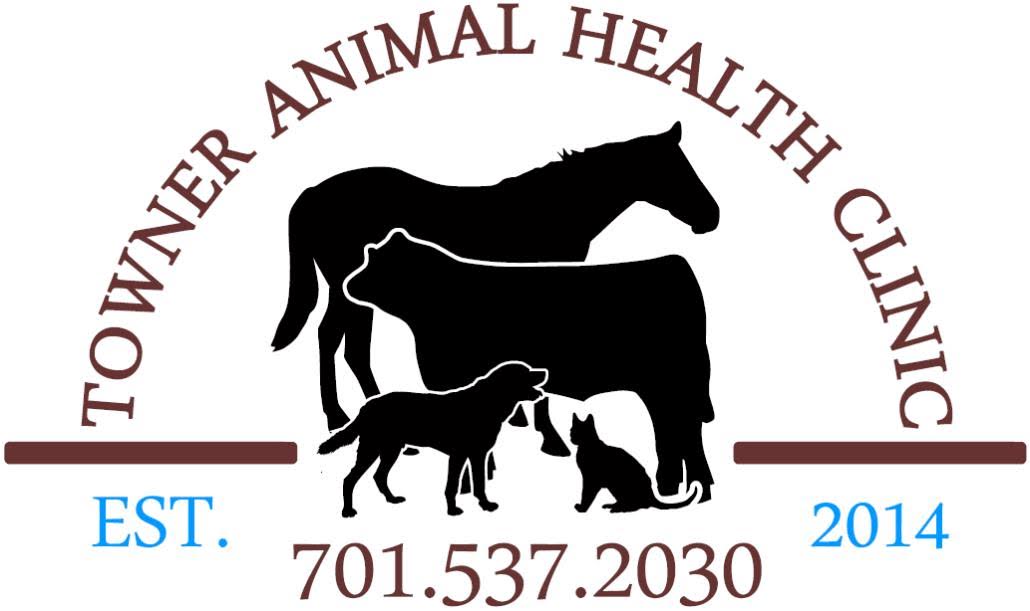Library
-
Eclampsia, also referred to as hypocalcemia or puerperal tetany, is an emergency medical condition associated with a life-threatening drop in blood calcium levels that occurs in nursing mothers. Mothers that are especially attentive to their puppies seem to be more likely to develop eclampsia. Signs and treatment are discussed.
-
Emergencies arise unexpectedly, and it is important to stay calm. After realizing what has occurred, it is important to contact your veterinarian to provide the best chance for a successful outcome. Once you have received initial instructions, it is important to transport your cat to your veterinarian for a complete examination as soon as possible.
-
There are many types of emergencies, but initial care is similar: stay calm, keep your dog warm and quiet, contact your veterinarian, and get help to transport your pet to a veterinarian. Common emergencies are described including gastric dilatation and volvulus (GDV), acute hemorrhagic diarrhea, anaphylaxis, automobile injury, seizures, respiratory distress, eye injury, eclampsia, heatstroke, heart failure, toxin ingestion and collapse.
-
Dilated Cardiomyopathy in Dogs
La cardiomiopatía es una degeneración del músculo cardiaco que hace que el corazón, que es básicamente una máquina de bombeo, desarrolle una insuficiencia de forma progresiva.
-
Congestive Heart Failure in Dogs
La insuficiencia cardiaca es la incapacidad del corazón para mantener un aporte de sangre suficiente para satisfacer las necesidades del organismo. Una insuficiencia cardiaca suele reflejar un fallo del músculo cardiaco (insuficiencia miocárdica), que puede afectar al ventrículo izquierdo o al derecho.
-
Degenerative Joint Disease in Dogs
Se trata de un término más apropiado para describir la artritis crónica (osteoartritis) que consiste en un deterioro gradual del cartílago articular.
-
Heartworm Disease in Cats
El gusano del corazón es un parásito de la sangre llamado Dirofilaria immitis que reside en el corazón o en los grandes vasos sanguíneos de los animales infectados.
-
Prostatic Disease in Dogs
La próstata es una glándula localizada cerca del cuello de la vejiga urinaria de los machos. La uretra pasa a través de ella justo a la salida la vejiga. Su función consiste en producir algunos fluidos que forman parte del semen canino.
-
Epileptic seizures in pets are a diagnosis of exclusion and may be found in any dog but there may be some breed predispositions that are more common. The cause is often unknown. A variety of medications are available to help control the seizure activity if an underlying cause is not found.
-
Many liquid potpourri products and essential oils are poisonous to cats, including oil of cinnamon, citrus, pennyroyal, peppermint, pine, sweet birch, tea tree (melaleuca), wintergreen, and ylang ylang. Both ingestion and skin exposure can be toxic.

